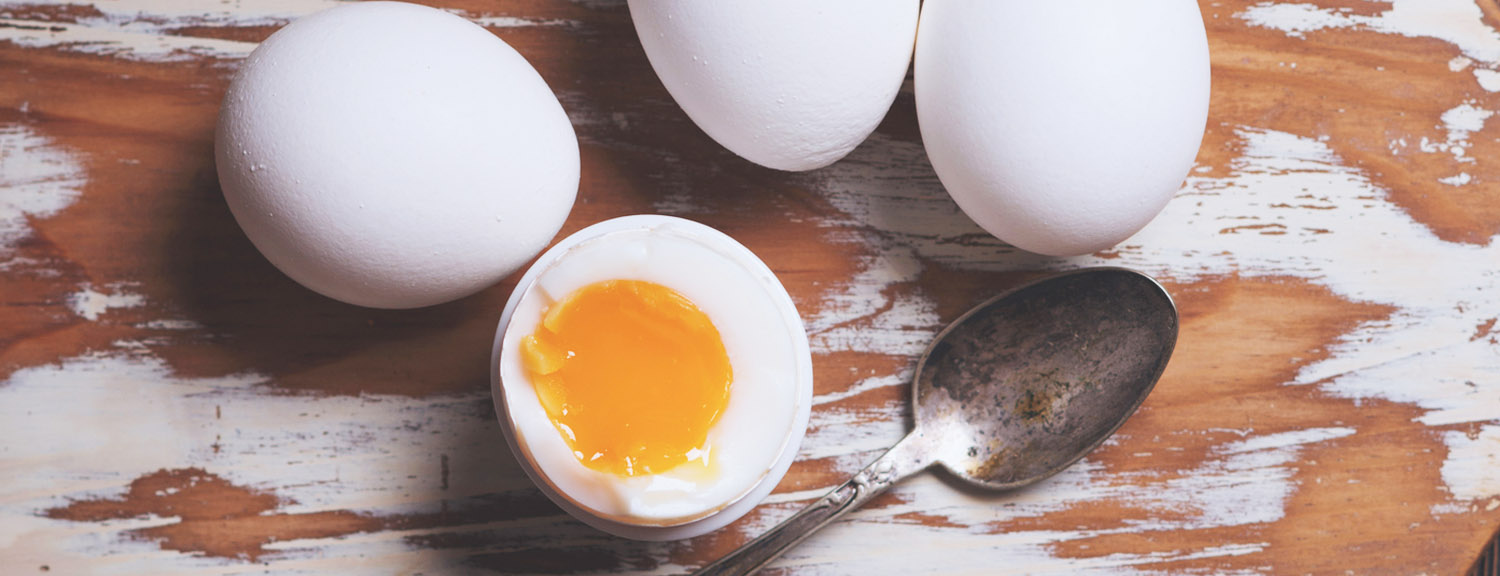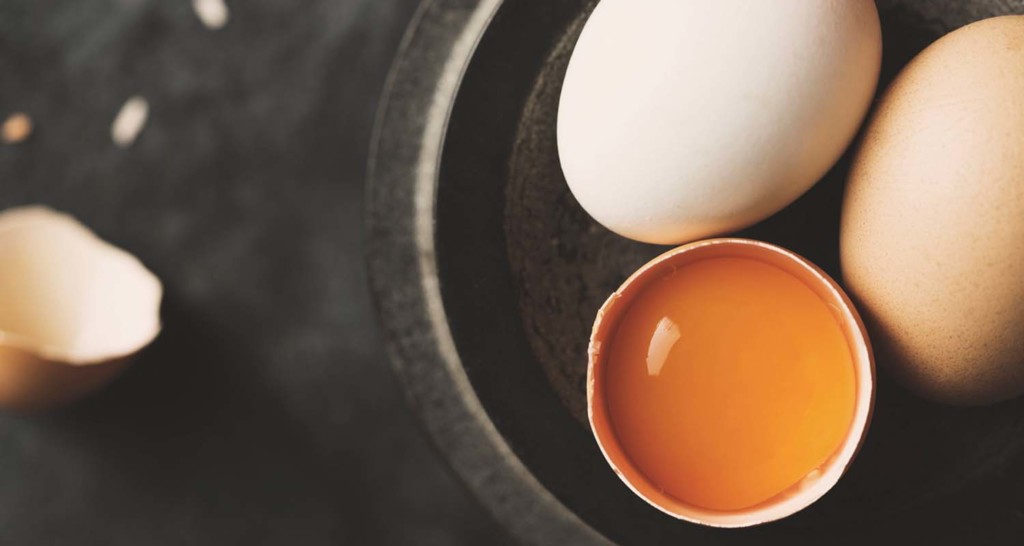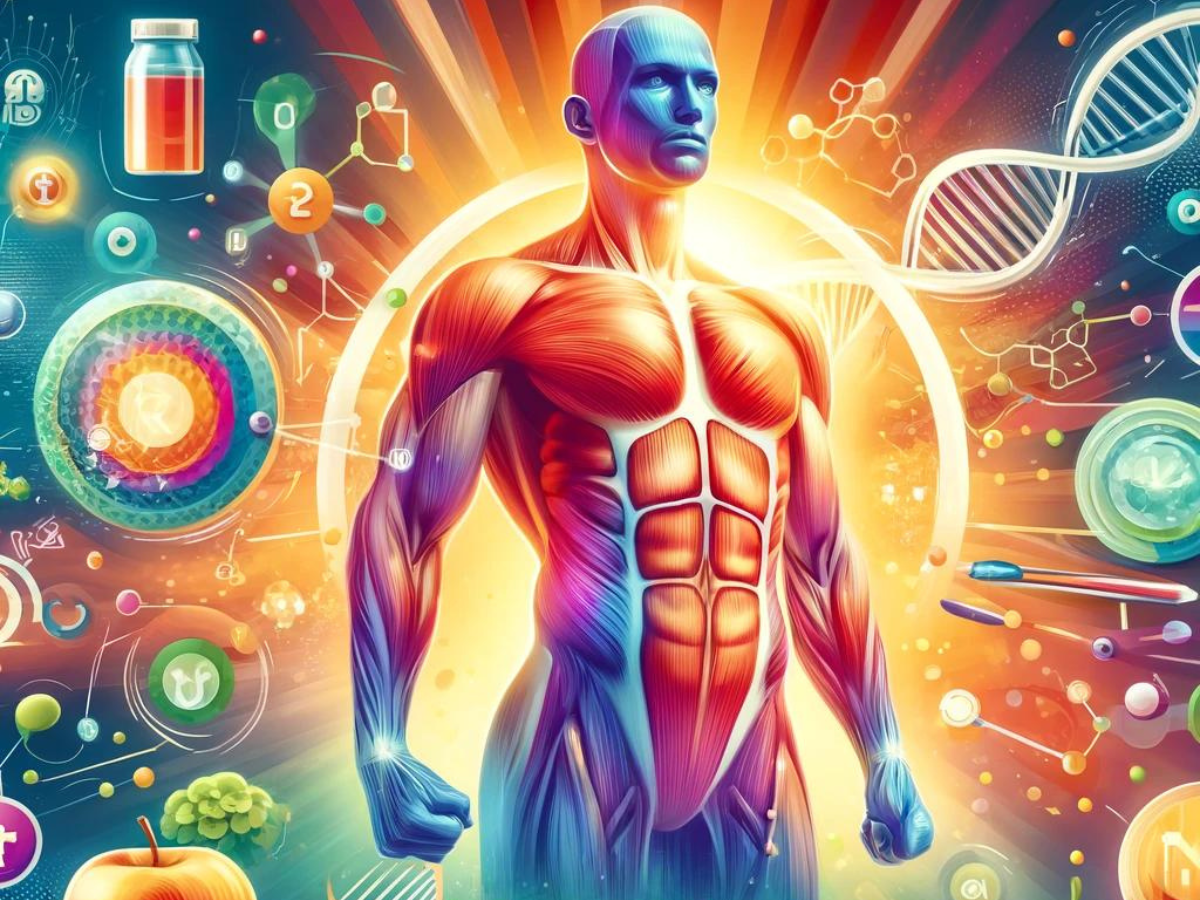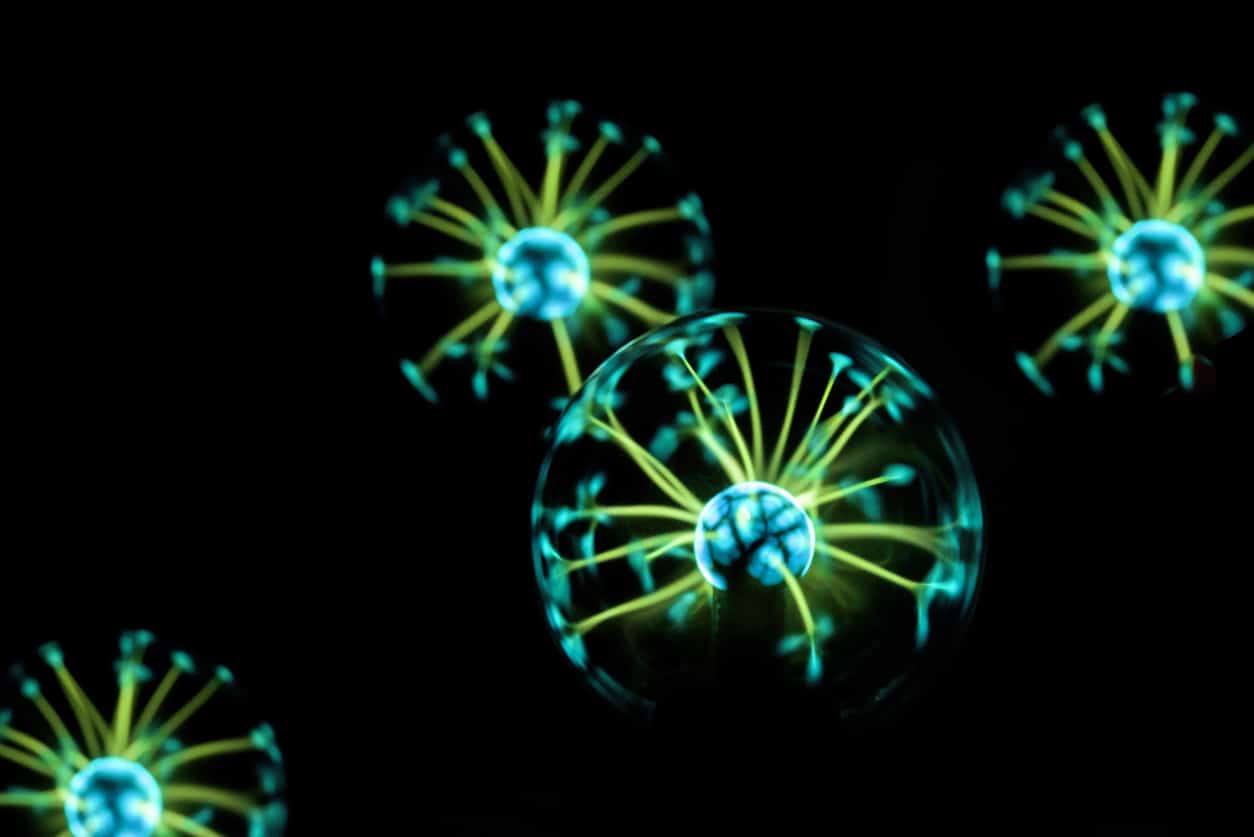
[tldr]
- A new report published in the American Journal of Clinical Nutrition found that eating up to one egg a day, and consuming a moderate amount of dietary cholesterol, does not increase your risk of stroke.
- The report looked at the health habits of 1,950 Finnish men aged 42 to 60.
- The study found that the men who ate less than two eggs a week were at no higher risk of stroke than those who ate more than six.
- There was also no increased risk in carriers of the APoE4 phenotype, who absorb cholesterol more effectively.
- Where the egg is from, and how it’s cooked, matters. Scroll down for guidelines on picking healthy eggs.
[/tldr]
Another week, another study scrutinizing the safety of eggs. This time, the news is good: Eggs, and dietary cholesterol, do not increase your risk of stroke.
The report, published in the American Journal of Clinical Nutrition, looked at the health habits of 1,950 Finnish men aged 42 to 60. During a 21-year followup, 217 of the men had strokes.
The study found that the men who ate less than two eggs a week were at no higher risk of stroke than those who ate more than six. The same was true for dietary cholesterol. Men who consumed 333 milligrams of cholesterol a day saw no difference in risk than those who had more than 459 milligrams a day. One large egg has 186 milligrams of cholesterol, according to the USDA’s National Nutrient Database.
There was also no increased risk in carriers of the APoE4 phenotype, who absorb cholesterol more effectively[ref url=”https://www.ncbi.nlm.nih.gov/pubmed/11726725″].
Related: New Study Claims Eggs Causes Heart Disease. Here’s What it Gets Wrong
How to pick healthy eggs
Eggs are a big part of the Bulletproof Diet. They’re loaded with vitamin D, protein, choline, omega-3s, and more. But where your egg comes from, and how you cook it, matters. Follow these guidelines to get the most out of your next scramble:
- Choose pastured eggs: Pastured eggs come from happy chickens, who spend their lives outside as nature intended, and not in tiny, overcrowded cages. Animal welfare is important. Not only that, but eggs from pasture-raised chickens are also more nutritious, and have higher levels of vitamin A, vitamin E, and omega-3s.[ref url=”https://www.motherearthnews.com/real-food/free-range-eggs-zmaz07onzgoe”]
- Short cooking time: Don’t be tempted to order that egg-white omelette — most of the nutrients are in the yolk. When cooking, make sure to keep the yolk soft, to keep the fat from oxidizing (getting damaged). Poaching an egg in water is the best option. Or mix a raw yolk into your Bulletproof Coffee or smoothie.
Read next: Everything You Know About Cholesterol Is Wrong











